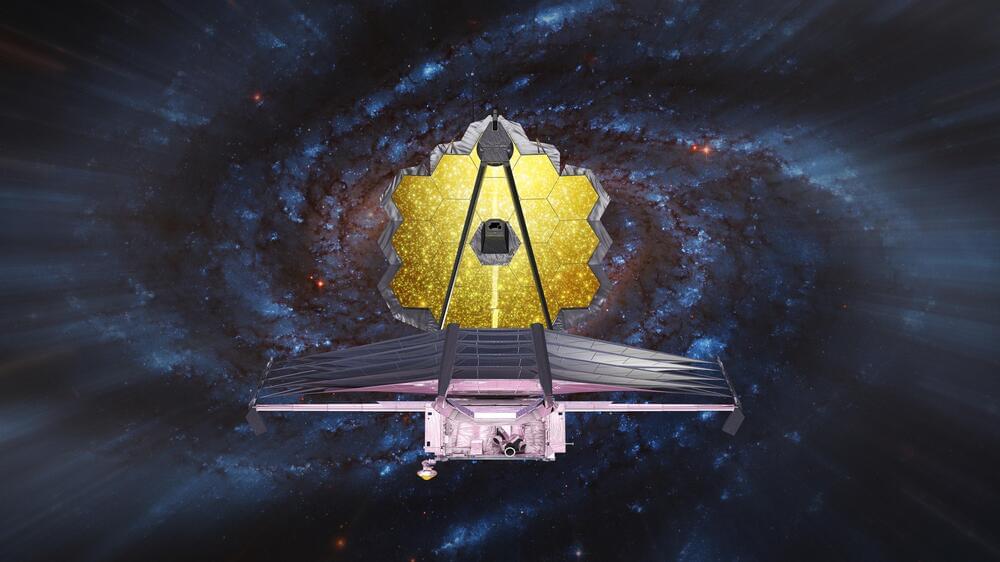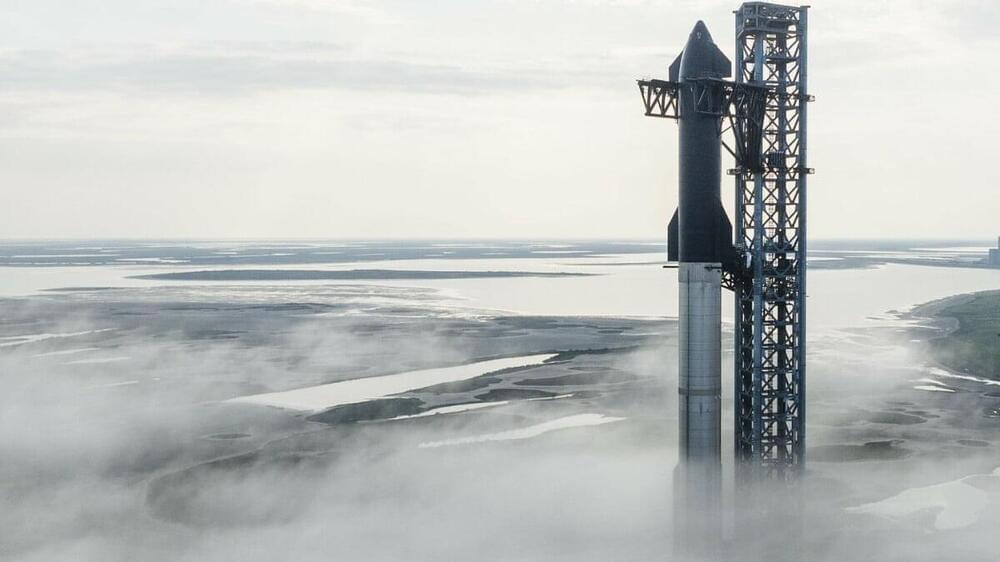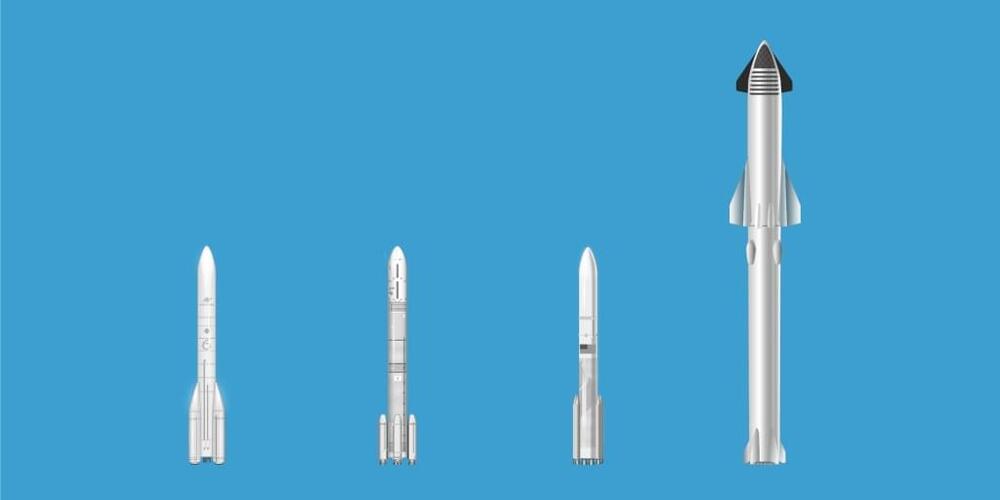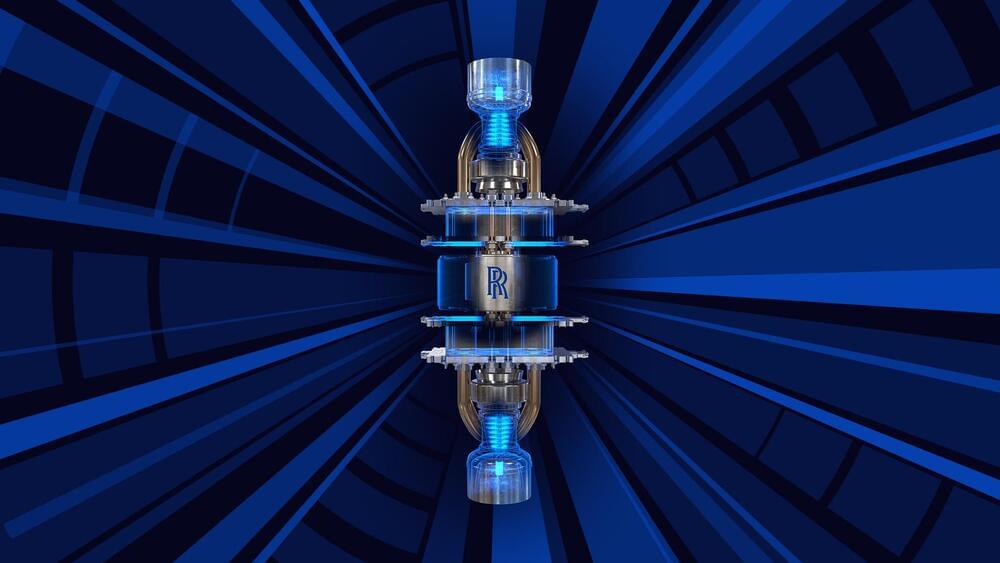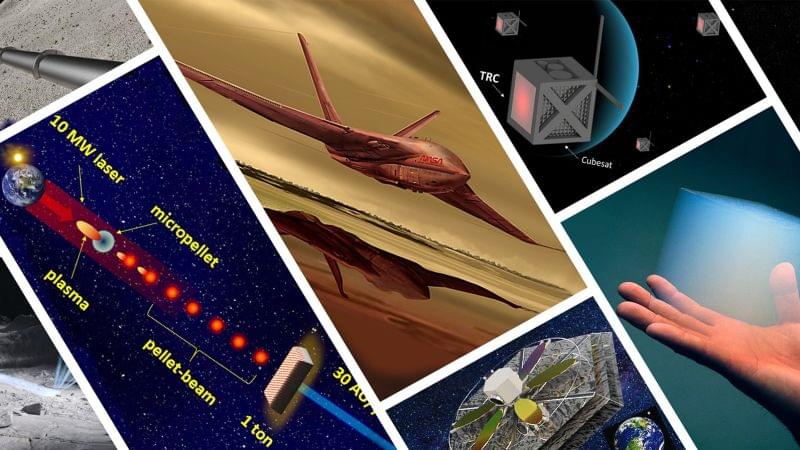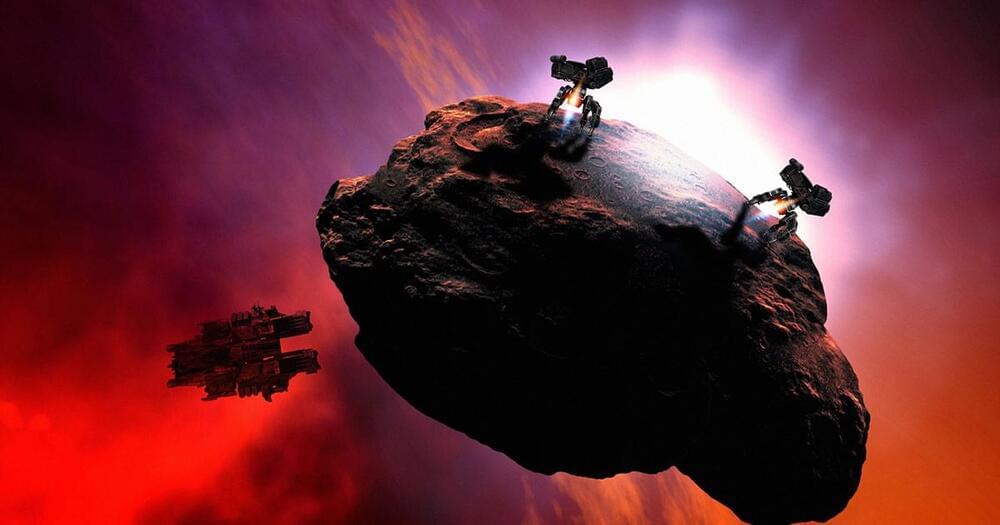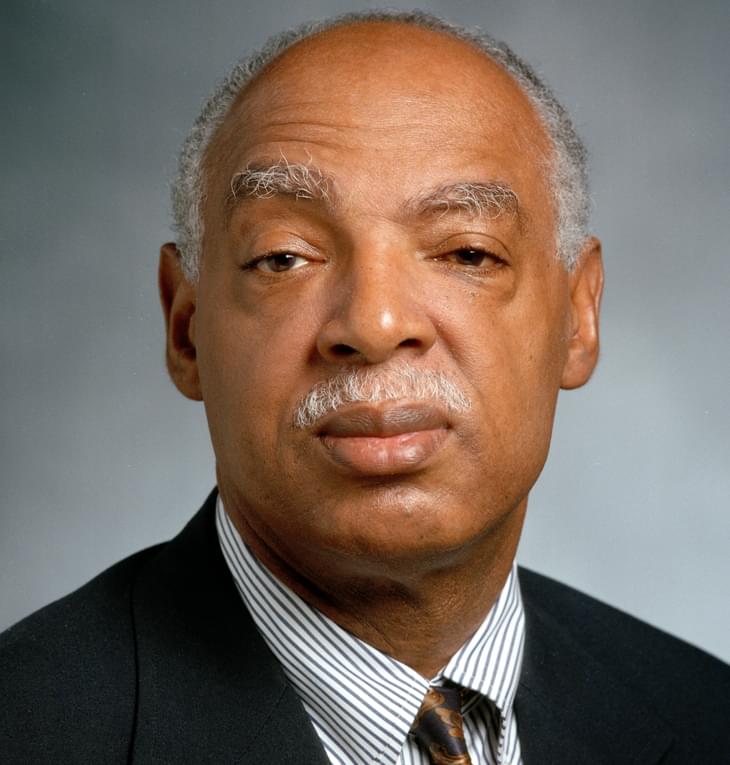Feb 5, 2023
Webb Telescope Switched Off And On Again After Strike
Posted by Gemechu Taye in category: space travel
A science instrument on the James Webb Space Telescope (JWST) has been switched off and on again by NASA engineers after the spacecraft was struck by galactic rays, according to the space agency.
A blog post reveals that on Jan. 15 the telescope’s Near Infrared Imager and Slitless Spectrograph (NIRISS) instrument was impacted by high-energy radiation from outside our solar system, disrupting its communications equipment.
NIRISS is crucial to JWST because it can analyze the atmospheres of distant exoplanets. So far it’s helped find carbon dioxide in the atmosphere of WASP-39b, a hot gas-giant orbiting a Sun-like star about 700 light-years from Earth.
